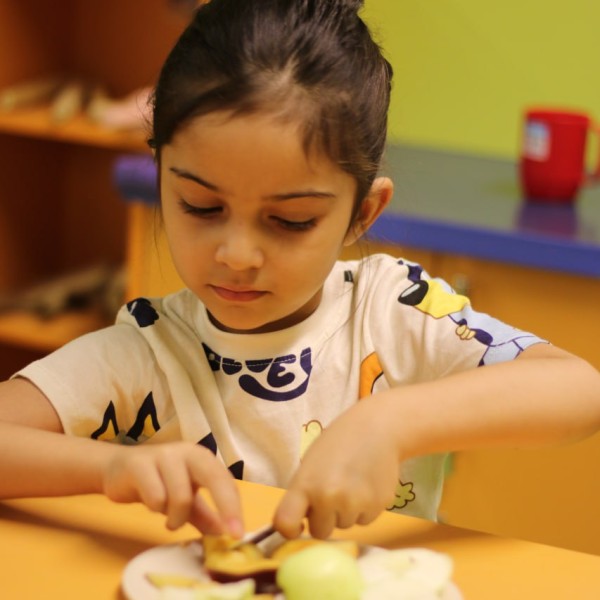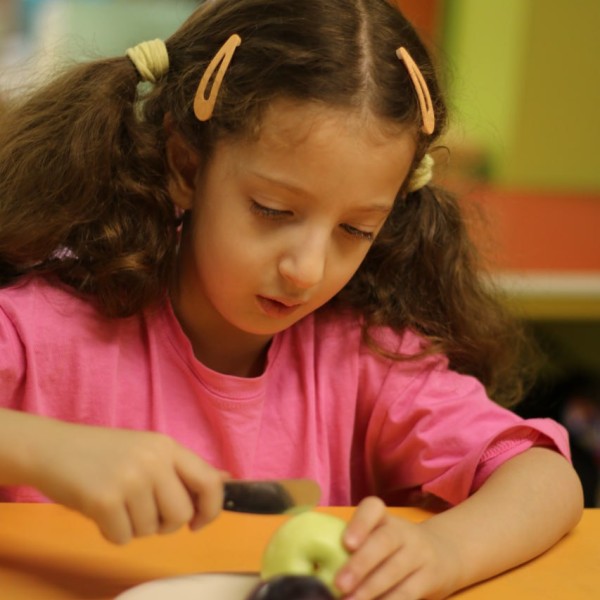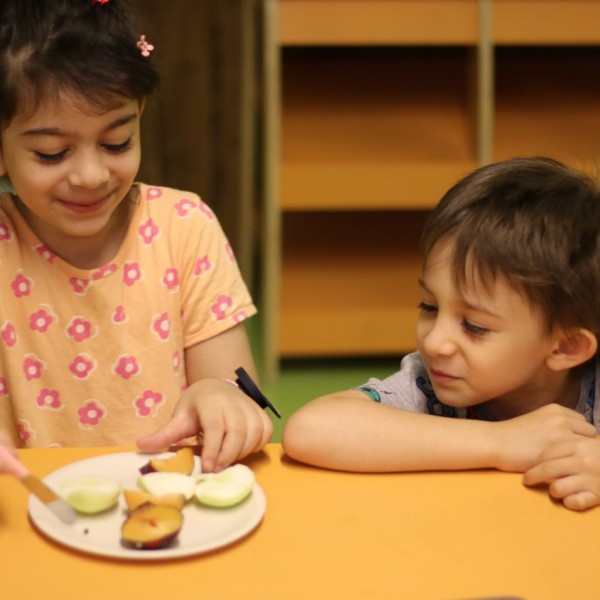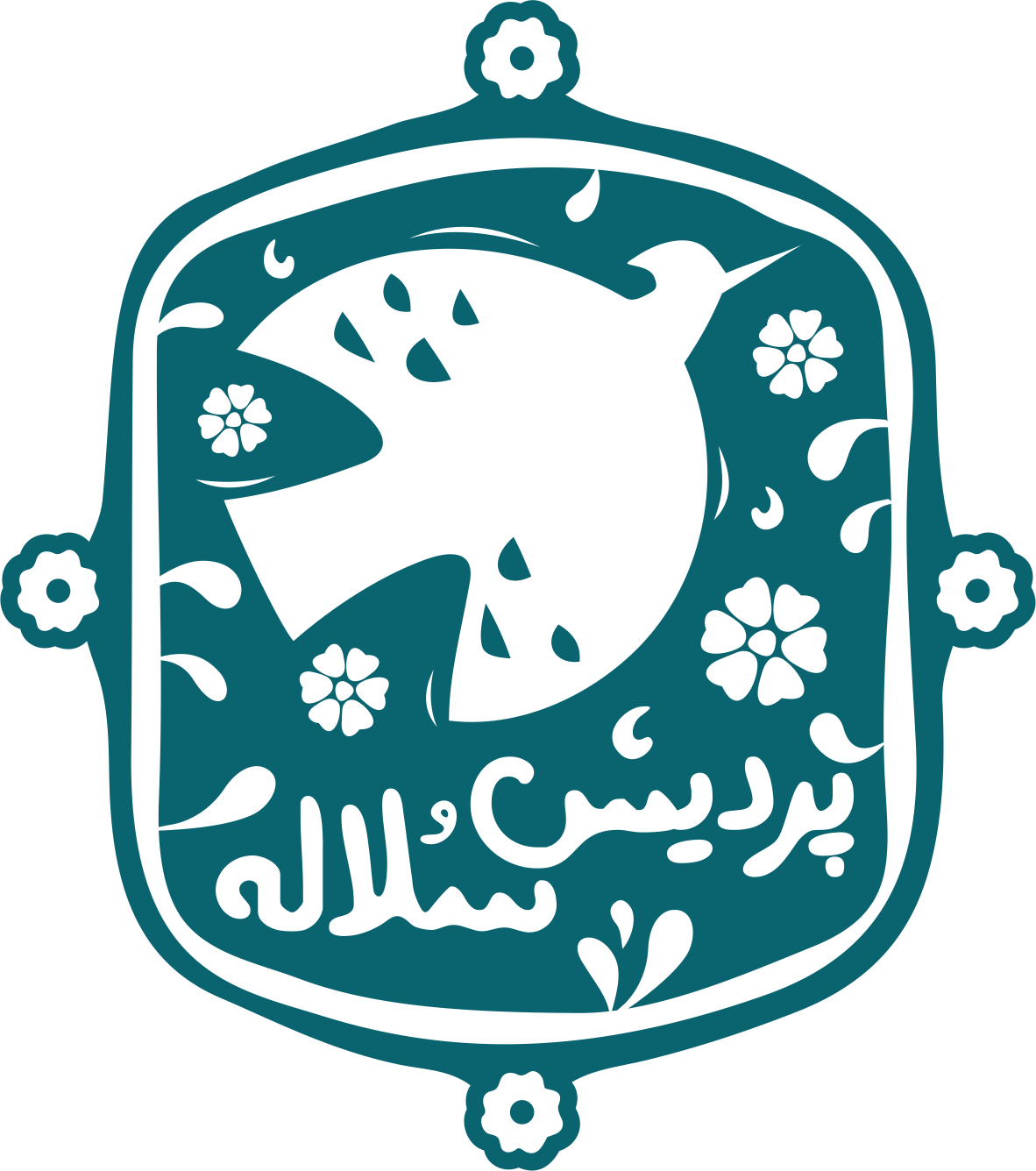Following the Tradition of Khansar: Making Lavashak
The Preschool 2 children took part in a unique and exciting activity where they became familiar with an age-old tradition of the people of Khansar. Aimed at strengthening national identity and connecting the younger generation more deeply with local culture, the children experienced the traditional process of making lavashak (fruit leather)—a practice that has long been a beloved part of the lifestyle and cuisine of this region.
Khansar, a scenic city at the foothills of the Zagros Mountains and one of Iran’s oldest habitats, is famous for its lush orchards, pleasant climate, and rich agricultural produce. In the local culture, turning fresh fruits into healthy, homemade snacks holds special importance. One of the sweetest examples of this tradition is preparing lavashak with fresh fruits and spreading them on rooftops to dry during summer—a nostalgic image that beautifully reflects the deep bond between the people and nature.
In this activity, teachers sought not only to introduce children to a tasty snack but also to a “way of life” and a “tradition.” They explained in simple words how, in the past—long before modern refrigerators existed—Khansar families would cook surplus orchard fruits into a delicious, long-lasting product. This not only prevented waste but also provided a delightful treat for the winter months.



The children eagerly participated in each step of the process. First, the fruits—plums and apples—were washed and chopped. Their little hands, carefully preparing each piece with joy, filled the classroom with excitement. They watched as the colorful fruits transformed into a thick, tangy mixture after being cooked. With the help of their teachers, the mixture was then spread onto trays to dry, eventually becoming healthy, homemade lavashak.
The purpose of this activity went beyond making a snack. It was about teaching values such as national identity, preserving local culture, appreciating natural blessings, and fostering teamwork. When children actively take part in a traditional process themselves, they understand and connect with it on a much deeper level.
